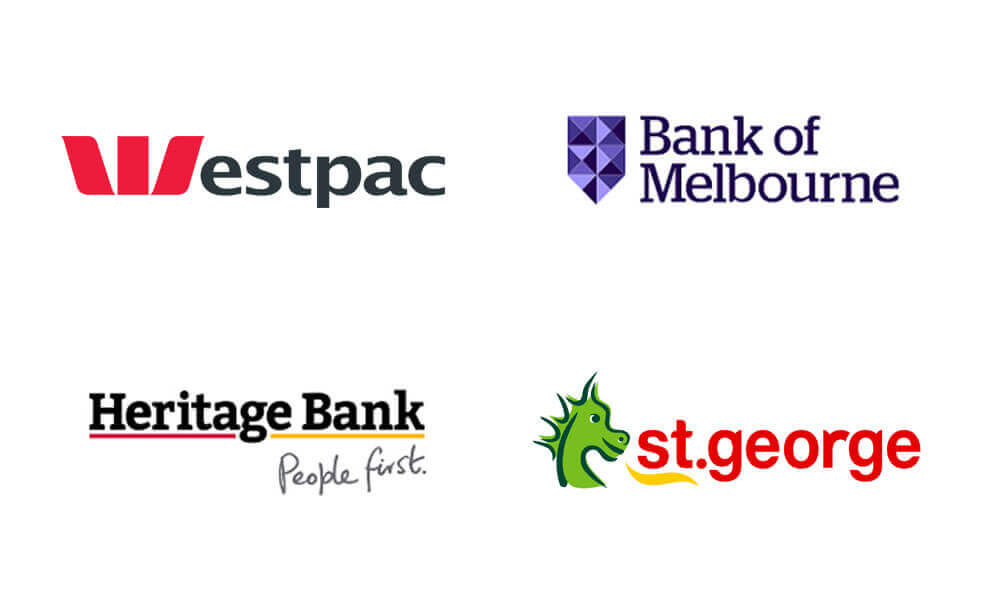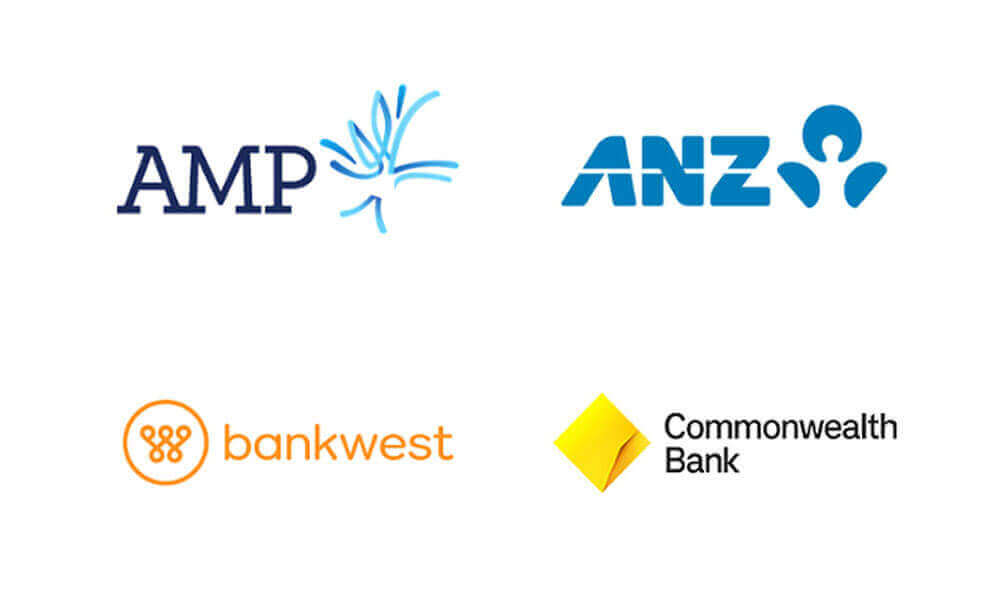
Your guide to save for a house deposit
Preparing to purchase a home begins with saving for the deposit. While it may appear…

January. It’s that time of year when many of us begin to feel remorse – not just about all those Christmas pies we overindulged on but also about our festive spending blowout.


Last Christmas, credit card spending plunged Aussies $24.3 billion deeper into debt. It’s a worry, particularly for those in the market for a property purchase in 2022.
If your finances have taken a pounding of late, here are some tips to help get you back on track.
Reassess your budget
It’s a new year, time for a new budget.
Create your 2022 budget, taking note of all income and outgoings.
Be sure to include fixed expenses (like rent and electricity), debt (credit card, loans, etc.) and unexpected expenses (car repairs and pet bills).
Hint: Moneysmart’s budget template is a great free tool to help you work out exactly where your money is going.
Shop around
While you are reassessing your finances, it’s a good idea to shop around to ensure you’re getting the best deal.
Get in touch with everyone from your insurance company to your electricity provider and ask whether they can offer you a discount or a better deal. You’d be surprised at what they’ll come back with if they think you may go elsewhere.
If you already have a mortgage, ask your finance broker to compare the market for you. It may be a good time to consider refinancing to a more competitive rate.
Get serious about saving
Consider what your ‘need to haves’ versus your ‘nice to haves’ are.
You might need to ditch your gym membership or reassess your social habits to supercharge your savings goals.
Remember, when you apply for a home loan, particularly as a first home buyer, lenders will want to see an established history of regular savings before they lend you the big dollars.
Set your savings goal
Set yourself a savings target so that you can factor it into your budget and work towards it.
If you’re planning a property purchase, we can run you through how much money you’ll need for your deposit. In general, we suggest aiming for 20% of the purchase price to avoid paying Lenders’ Mortgage Insurance.
Knock over your debts
Lenders assess your creditworthiness on the amount of money you already owe, your ability to repay your debts and your capacity to take on more debt.
Paying down any credit card debts or personal loans prior to applying for a home loan could improve your borrowing capacity and give you the best chance of being approved.
Hint: If you have several credit cards, consider cancelling them even if the balance is zero. Lenders consider the credit limit on your cards and count this as potential debt when approving loan applications.
Consolidate if it’s right for you
If you have lots of different types of debt, it may be worth consolidating.
With this option, you essentially roll your debts into one, usually using a loan with a lower interest rate. In some instances, you can roll them into your home loan if you have one, or a personal loan that has a lower interest rate overall.
There are pros and cons of debt consolidation, so it’s important to speak to your financial advisor or accountant about whether this is the right option for you.
Like to know more?
If you’re planning on applying for a home loan in 2022, speak to us about how to get your finances in order. We can give you a heads up about what lenders will be looking for and how to optimise your chances of being approved for a loan.
We’re here to help, so get in touch today!

Preparing to purchase a home begins with saving for the deposit. While it may appear…

Creating a spark with prospective buyers could not only help you to achieve a quick…
Yes, that’s right. You pay zero, zip, nada.
1st Street’s premium service comes at no cost to you! 1st Street is paid by the lender when your loan settles, however, this will not affect your interest rate or loan fees! It is often more cost-effective for a mortgage broker to process a loan rather than the lenders processing it themselves in-house. In fact, we often find that we can save you money by negotiating on your behalf.
Use our online calculators to work out how much you can borrow, loan repayments, stamp duty and lots more.






